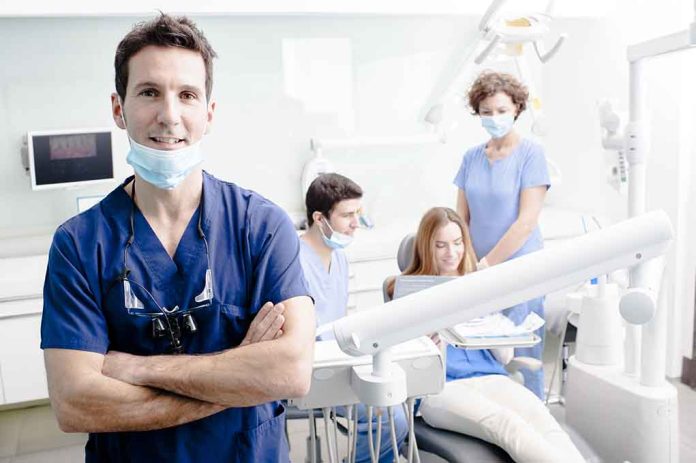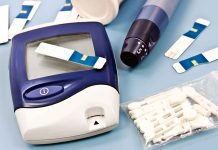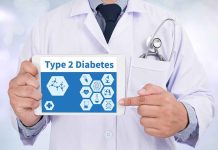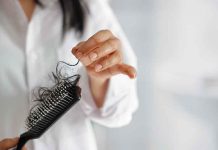
These 9 Symptoms Could Be Oral Cancer Early Warnings
(AscendHealthy.com) – Oral cancer, also known as mouth cancer, is a scary and dangerous proposition for any patient. However, if caught early, it is treatable. While oral cancer is more likely to occur in the mouths of people who use tobacco products, it’s not something limited to smokers and chewers, as cancer can occur in any part of the body. Nearly 50,000 people per year are diagnosed with oral cancer, and nearly 10,000 per year die from it in the United States. Most people who get an oral cancer diagnosis survive after five years, so early detection is critical.
Additionally, you can prevent the development of oral cancers by limiting your use of tobacco products and ensuring you get regular check-ups to screen for oral cancer.
9 Major Oral Cancer Signs and Symptoms
Most people notice oral cancer signs early. If this is the case for you, see a dentist immediately. If your dentist is concerned about the possibility of cancer, they may order a biopsy or send you to an oncologist, which is a type of doctor specializing in cancer treatment.
Common oral cancer symptoms include:
- Patches of red or white
- Bleeding sores that don’t heal easily
- A hardened lump or spot
- One or more crusted areas
- Tenderness and pain
- Numbness in the mouth
- Change in bite and problems chewing
- Feeling like you permanently have a lump in your throat
- Hearing issues
Stages of Oral Cancer
If you’ve got oral cancer symptoms, and/or if your dentist has detected something amiss in your mouth, it’s important to determine the oral cavity cancer stage. Those three stages are T1, T2, and T3. These are largely based upon the size of the tumor, which can be under 2 centimeters or greater than four. Treatment for oral cancer depends upon what type you have, your health and age, and whether the cancer originated in this part of your body or elsewhere.
It’s also possible to detect pre-cancerous signs of oral cancer, which increases the chance of a positive prognosis.
Oral Cancer Prevention
There are multiple risk factors that increase the chance of mouth cancer in patients. They include a weak immune system, family history, exposure of lips to sun (without using SPF-inclusive balms or cosmetics), the presence of human papillomavirus (HPV), heavy use of alcohol, or any type of tobacco product use. People age 60 or older are at higher risk of developing oral cancer.
To prevent oral cancer, stop using tobacco products and avoid using them to begin with. You should limit your alcohol, get regular dental checkups, and ensure you don’t develop skin cancer with excess exposure to the sun. In addition to various protective products, consider wearing a wide-brimmed hat. Around 75 percent of oral cancer patients have one or more of these risk factors. However, the remaining 25 percent have no risk factors, so it’s vital for everyone to get regular oral cancer screenings.
Regular oral health appointments are the best way to detect oral cancer, so schedule a check-up with your dentist today. Your screening will include a visual inspection of your mouth, as well as a check for lumps or bumps in your mouth. Your dentist or other healthcare provider can easily scrape cells from your mouth. You’ve probably noticed your dentist use small mirrors in your mouth before — these instruments are also useful in the visual inspection of your mouth. However, an endoscope (tiny tube with a camera) can be useful for getting a closer look, too. Cancers of the head and neck can start in your nose and sinuses, the mouth, tongue, or gums, the voice box, in your glands, or even on the lips.
Copyright 2024, AscendHealthy.com




















